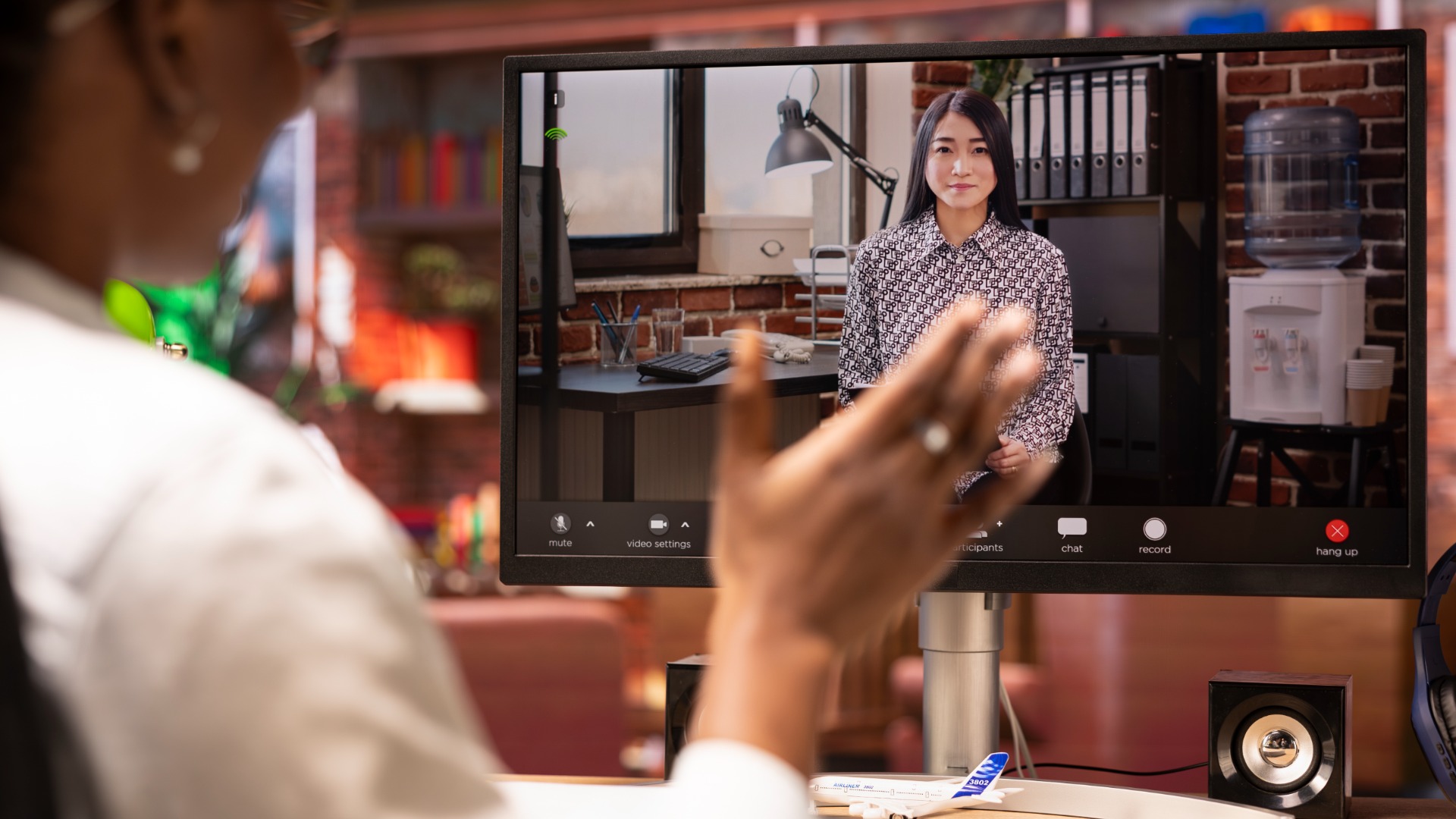
9 Best HIPAA-Compliant Video Platforms for Healthcare Providers
Healthcare providers rely on video more than ever—whether for telehealth visits, patient education, …
%20A%20Complete%20Overview.webp)
Enterprise Video Content Management (EVCM): A Complete Overview
Video has quietly become the fastest-growing content type inside modern enterprises. Training teams …

How to Find Videos in Your Organization’s Video Library Using AI Search
As organizational video libraries expand, finding a specific clip among hours of recordings becomes …

Top 6 CDN Providers for Live Enterprise Video Streaming in 2025
Live events have become one of the most demanding video experiences to deliver. Whether you’re hosti …

Everything You Need to Know About Enterprise Video Content Management in 2025
Enterprises have been managing large volumes of video for years, including training content, complia …

The 9 Top Enterprise Video Hosting Platforms for Companies
As enterprise video usage accelerates across training, communication, marketing, and collaboration, …

7 Best Secure Enterprise Streaming Platforms
Enterprises are streaming more video than ever before. Nowadays, companies stream executive town hal …

Top Secure Healthcare Video Hosting Platforms for HIPAA-Compliant Streaming
Healthcare organizations generate an enormous amount of video. Telehealth sessions, medical training …

Top 6 Enterprise Video Platforms in 2025 and What They Offer Organizations
Enterprise video isn’t “on the rise” anymore; it's already at the center of how organizations train …

